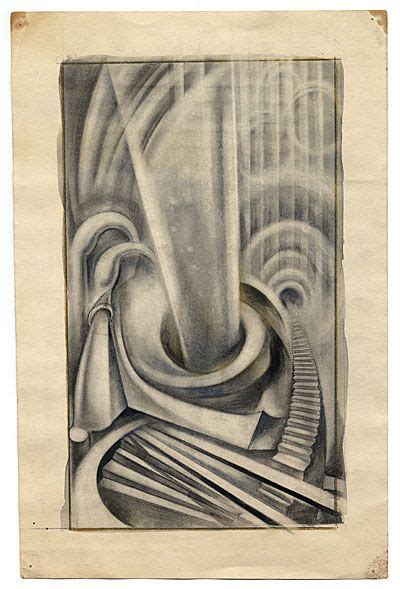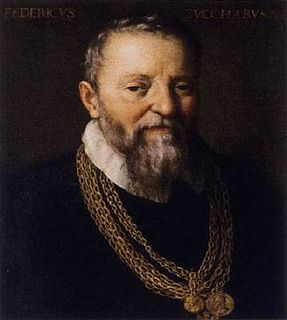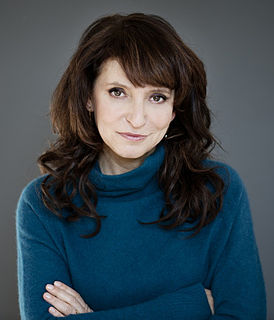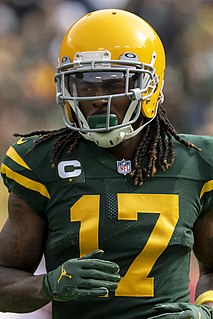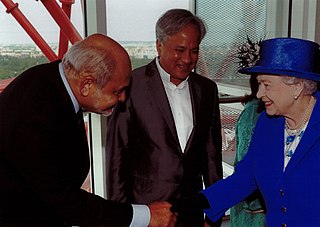A Quote by Eleanor Farjeon
It seems to me there are no rules, only instances; but perhaps that is because I learned no rules, and am only an instance myself.
Related Quotes
It is paltry philosophy if in the old-fashioned way one lays down rules and principles in total disregard of moral values . As soon as these appear one regards them as exceptions, which gives them a certain scientific status, and thus makes them into rules. Or again one may appeal to genius , which is above all rules; which amounts to admitting that rules are not only made for idiots , but are idiotic in themselves.
I have a slight controversy with the Dogme brethren because I've been saying that rules are to be interpreted; not that I haven't followed the rules, because I don't see the point of submitting yourself to a set of rules if you don't follow them. But having said that, it is always a lot of interpretation.
It appears that a simple rule, of something adhering to another similar idea, repeated, leads to stabilities. This seems to be a function of relational data sets, linked to rules, like in DNA chains that have infinite adaptability for sequencing proteins. Out of only four bases, which in turn are further limited by two rules of complimentarity, a myriad of forms arise.






